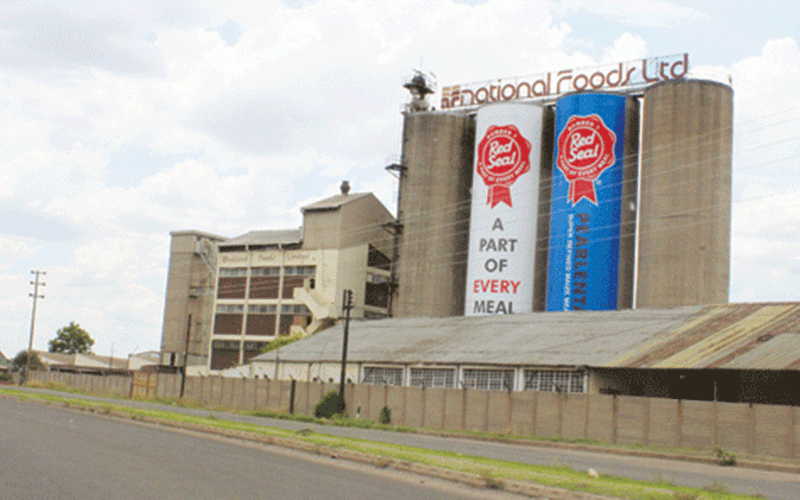FINANCIAL juggernaut, CBZ Holdings Limited (CBZ) has shifted its focus away from leveraging on First Mutual Holdings Limited (FMHL) in entering the regional space owing to it being blocked from upping its stake in FMHL.
Recently, the Competition and Tariff Commission (CTC) was said to have blocked CBZ from purchasing additional shares in FMHL.
As CBZ has a shareholding of 36,22% in FMHL, it made a mandatory offer to the remaining shareholders of the firm for their shares.
According to the Zimbabwe Stock Exchange, firms are required to make such an offer of their stake in a firm reaches 35%.
This additional share purchase was going to be used by CBZ to enter the regional market with a stronger balance sheet as FMHL operates in countries like Botswana, Malawi and Mozambique through its various operations including insurance.
- National Foods shareholders approve delisting, share buyback
- Learn from 2024 exchange rate mistakes: Experts
- Future of green energy in mining: Zimbabwe’s bold transition
- Meikles dispute wipes off US$7,39m in shareholder value
- Kavango eyes US$8m for Zim, Botswana operations
However, the CTC blocked the move, telling CBZ that its purchase of a 31,22% stake in FMHL in September 2023, taking its overall stake to 36,22%, was enough for now.
“Although CBZ will be working separately from FMHL, CBZ will be a major shareholder in FMHL. Going into the region, it would have been faster and easier for us to go into the region obviously on the back of FMHL,” CBZ group chief executive officer Lawrence Nyazema said in an interview with journalists on Wednesday evening.
“But there are independent opportunities. Or let me say, there are opportunities that are independent of FMHL in the region.”
CBZ is looking to strengthen its balance sheet further to attract lines of credit and capital from the international market.
As of September, the powerful financial institution had a balance sheet worth US$1,2 billion.
“We are a strategic investor in FMHL and will remain so. At 31,22%, we effectively hold a third of the shares, Nyazema said.
“Alongside Nssa [National Social Security Authority], which holds a significant stake, we collectively own almost 70% of FMHL.
“This strong position enables us to work closely with management to achieve some of the long-term ambitions we had set out for the business.”
He said CBZ intended to leverage on its capital-light subsidiaries to enter the regional market now.
“Banks face stringent regulations and require significant capital to establish operations in new markets, making international expansion through them a slower and more complex process,” Nyazema said.
“In contrast, businesses like Datvest, our asset management arm, are capital-light, and their successes in Zimbabwe can easily be replicated in other regions. This gives us an opportunity to expand into one or two countries by June 2025.”
He said CBZ’s revised strategy underscored the group’s broader focus on exploring international opportunities.
“We are no longer limiting ourselves to neighbouring countries,” Nyazema said.
On the domestic front, CBZ is prioritising efforts to boost liquidity in Zimbabwe’s economy through increased lines of credit.
Nyazema said the group was actively raising additional funding to address liquidity challenges and stimulate economic activity.
“Our goal is to secure more lines of credit to effectively address liquidity challenges,” he said.
“Once we succeed in this area, the benefits will go beyond CBZ, impacting the entire economy positively.
“It’s about creating stability and ensuring the availability of funding to key sectors.”













